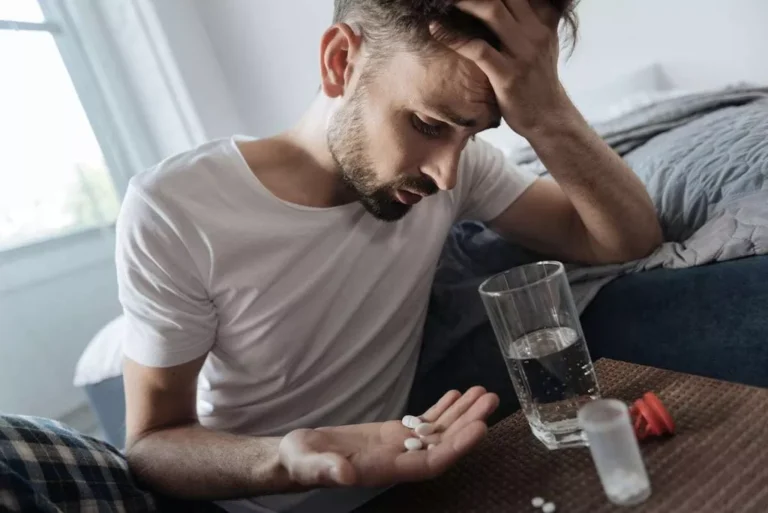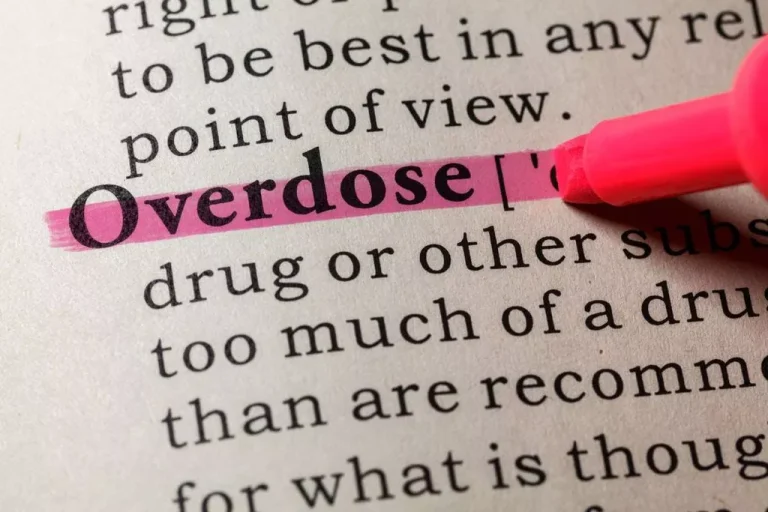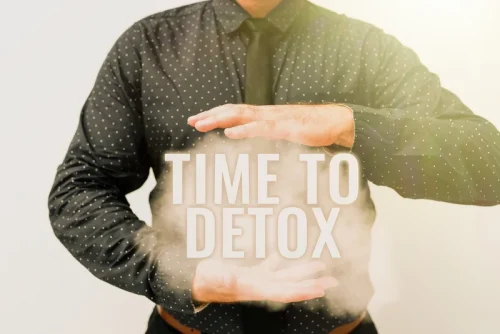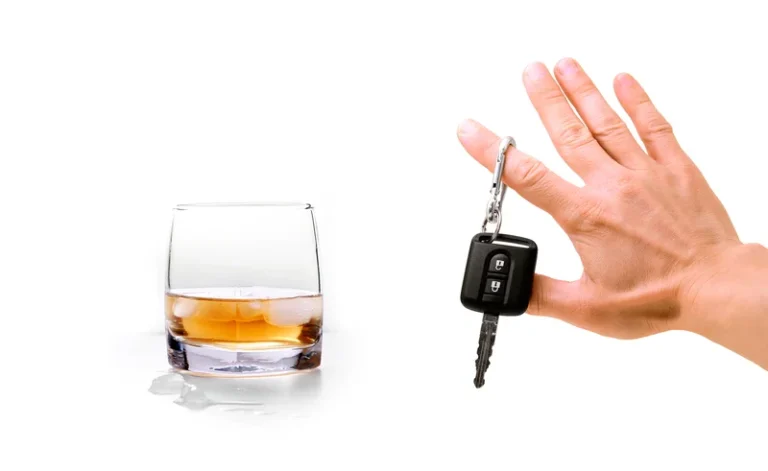
This includes discussing drinking games, which can easily lead to alcohol poisoning. Also, emphasize the importance of knowing when enough is enough, and discuss how to intervene if a friend is drinking too much or too quickly. Call 911 if someone is displaying any symptoms of alcohol poisoning, which can include alcohol poisoning slow breathing and passing out. People who have not previously consumed alcohol have a minimal tolerance for the substance, and they can be dangerously vulnerable to alcohol poisoning. The risk of alcohol poisoning also depends on your size, your tolerance for alcohol, and the amount of food in your stomach.
- You shouldn’t try to treat it at home or “sleep it off.” A major danger of alcohol poisoning is choking on your vomit, which can happen when you’re unconscious or sleeping.
- “They would more than likely get a phone number for other resources for alcohol use counseling or substance use counseling,” Dr. Farmer says.
- But it can also occur due to non-beverage alcohol (ethanol), which is in things like mouthwash, cologne and cough medicine.
- In every U.S. state, it is illegal to drive with a BAC of over 0.08%.
Charitable Care & Financial Assistance
Blood alcohol concentration (BAC) is the amount of alcohol in a person’s bloodstream. In some cases, it may prove fatal if a person does not receive emergency care. If your pattern of drinking results in repeated significant distress and problems functioning in your daily life, you likely have alcohol use disorder. However, even a mild disorder can escalate and lead to serious problems, so early treatment is important. In general, the CDC considers “moderate” drinking to be no more than one drink a day for women, and no more than two drinks a day for men. Binge drinking, then, is defined as having four or more drinks on one occasion for women and five or more drinks on one occasion for men.
What to know about alcohol intoxication
Drinking such large quantities of alcohol can overwhelm the body’s ability to break down and clear alcohol from the bloodstream. This leads to rapid increases in BAC and significantly impairs brain and other bodily functions. The symptoms of alcohol poisoning result from very high levels of alcohol depressing critical bodily functions. These functions include breathing, heart rate, body temperature, and gag reflex. Alcohol poisoning happens when there’s too much alcohol in your blood, and parts of your brain shut down.

Impact on your health
At this time, a person will begin to experience emotional instability and a significant loss of coordination. If a person has generally consumed two to three drinks as a man or one to two drinks as a woman in an hour, they’ll enter the euphoric stage of intoxication. Both young people and adults can experience alcohol poisoning.


It’s caused usually by binge drinking and can lead to death or brain damage. If you see signs of alcohol poisoning, such as throwing up, seizures, slow breathing, or severe confusion, don’t hesitate to call 911. In addition to the serious risk of death, alcohol poisoning can also lead to irreversible brain damage. Other long-term https://ecosoberhouse.com/ complications of heavy alcohol use include addiction, cancer, cirrhosis, liver disease, vitamin deficiencies, and mental health problems. It also increases the risk of unintentional injuries due to falls, drowning, assault, and car accidents. It is dangerous to assume that an unconscious person will be fine by sleeping it off.
- They might “black out” without actually losing consciousness and may not be able to feel pain.
- People cannot treat severe alcohol intoxication — or alcohol poisoning — at home.
Alcohol intoxication occurs when a person drinks an excess of alcohol in a short period. People may feel euphoric while drinking alcohol because ethanol stimulates the release of dopamine, a feel-good chemical in the brain. This effect on the brain’s dopamine system can lead to alcohol dependence. If you think that someone has alcohol poisoning, seek medical care right away. People typically require hospital treatment for an alcohol overdose so doctors can monitor their condition and administer any medications or fluids via IV.
Deaths from excessive alcohol use
The best way to avoid alcohol poisoning is to not drink or to limit your alcohol consumption. If you choose to drink, it’s a good idea to drink responsibly and stick to the guidelines for moderating drinking that are mentioned above. Talk with your teenagers or young adult children about the dangers of binge drinking and high intensity drinking.
Binge Drinking and Alcohol Toxicity

At this stage, a person’s BAC will range from 0.25 to 0.4 percent. At this stage of intoxication, the person’s behavior will be normal with no visible signs of intoxication, such as slurred speech or delayed reaction time. If a person has consumed one or less drinks per hour, they’re considered to be sober, or low-level intoxicated.
0 responses to “Understanding the Dangers of Alcohol Overdose National Institute on Alcohol Abuse and Alcoholism NIAAA”